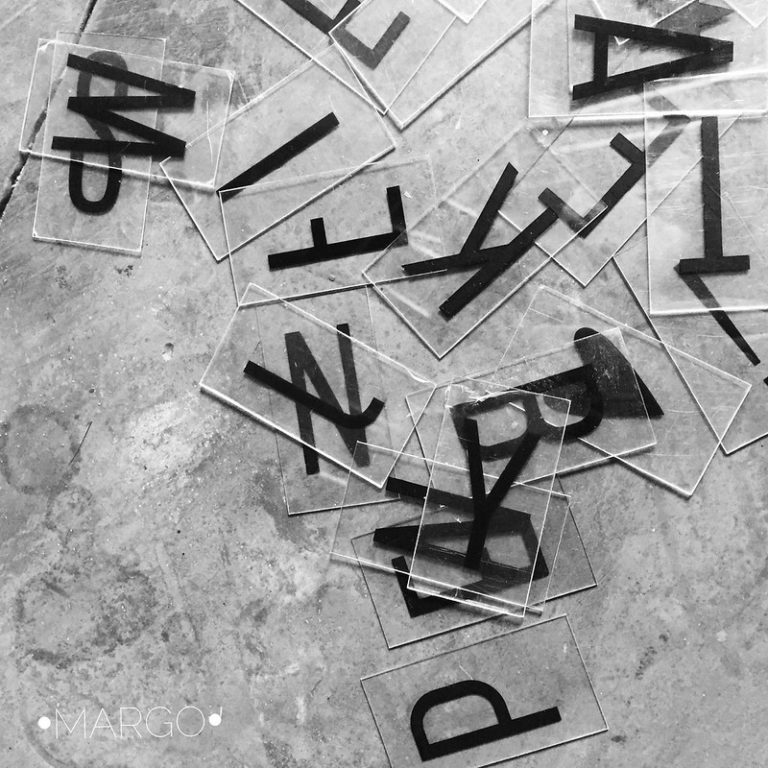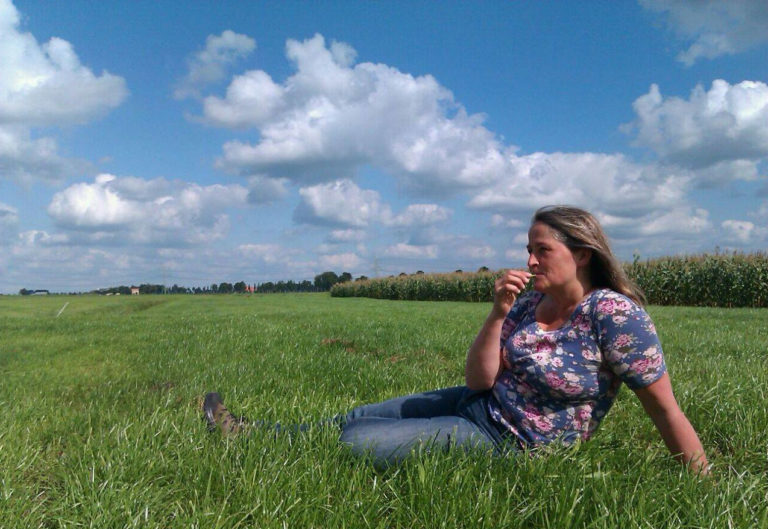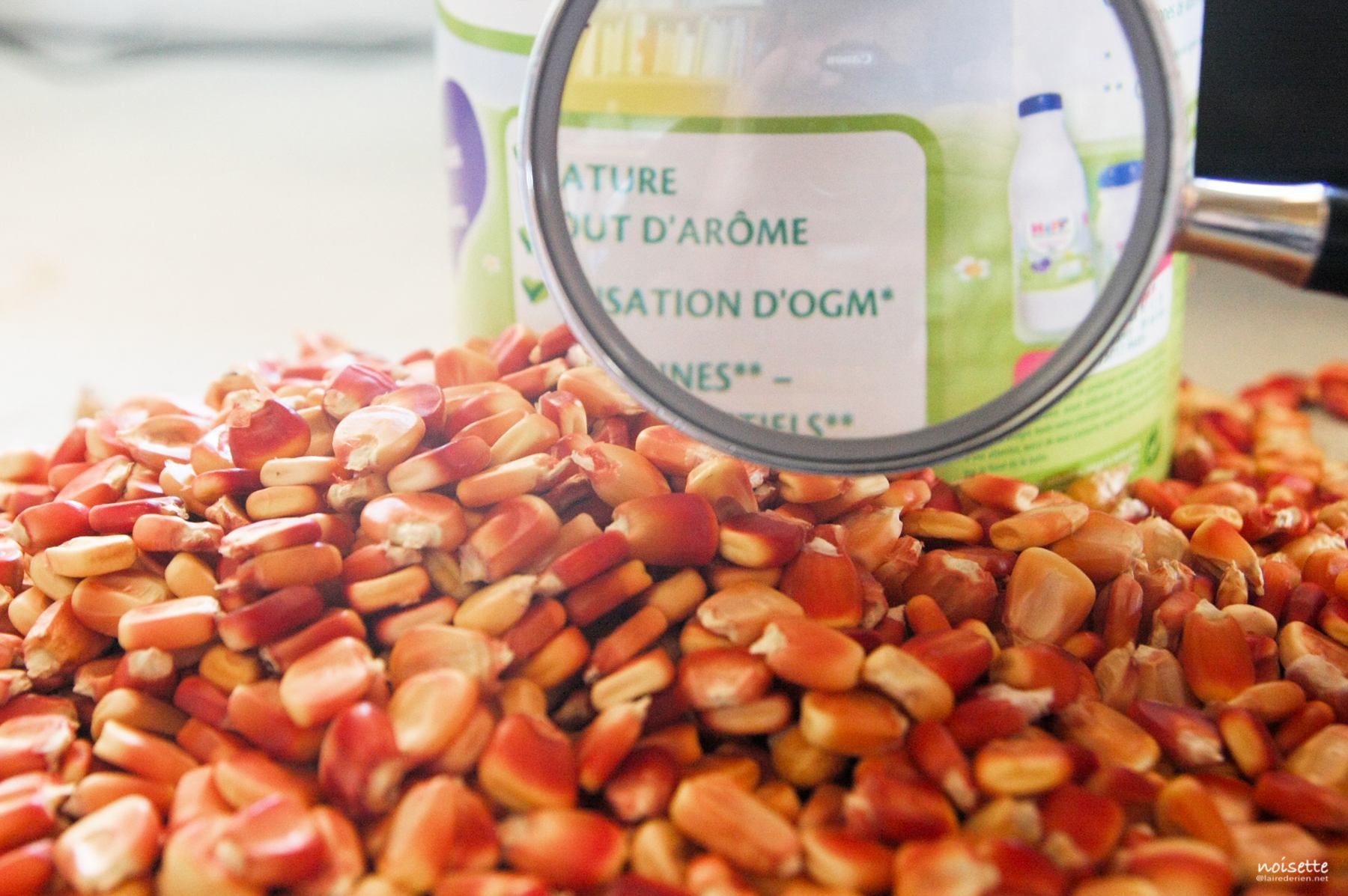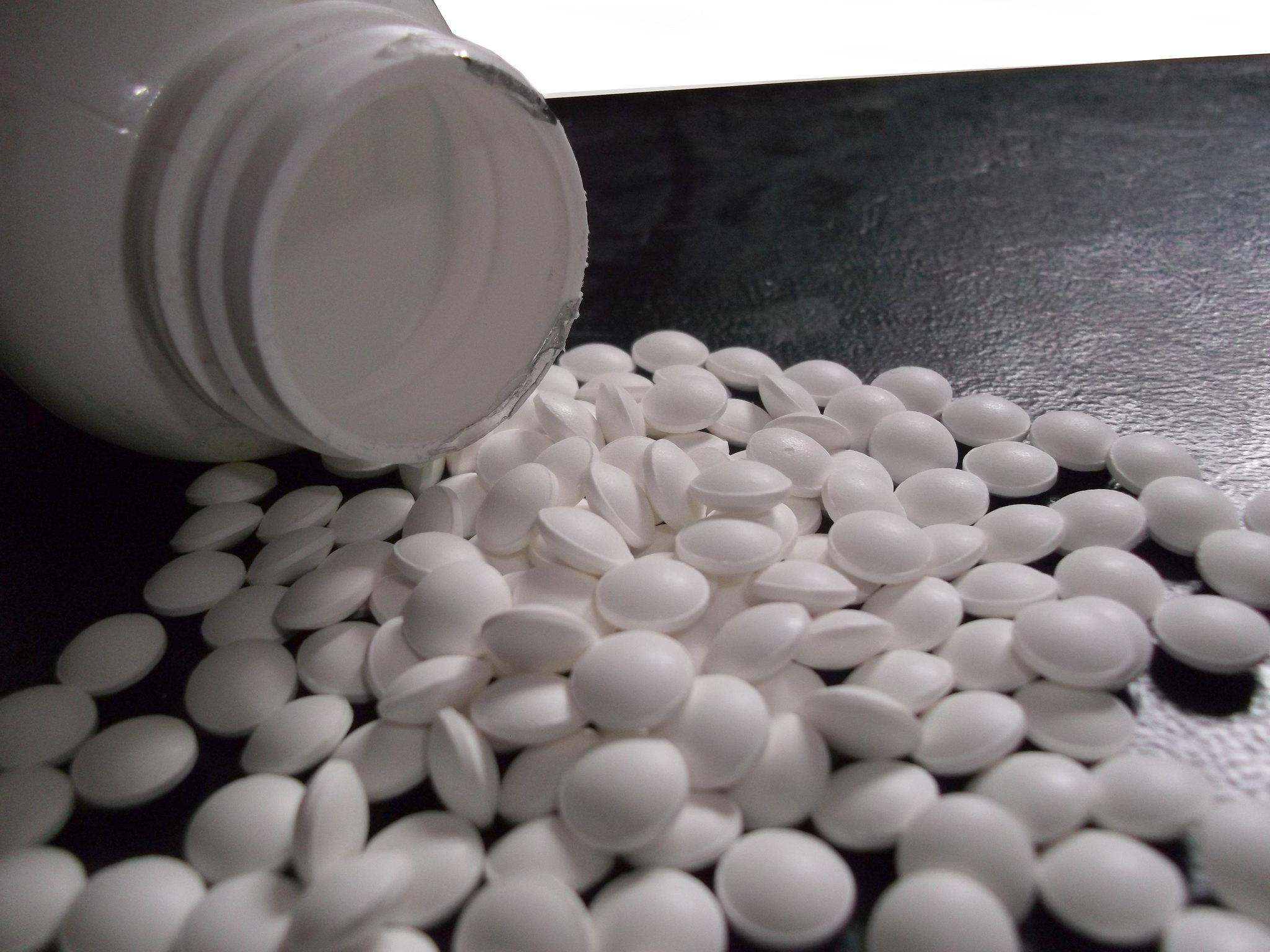News
Some seed companies are opposing patents but…
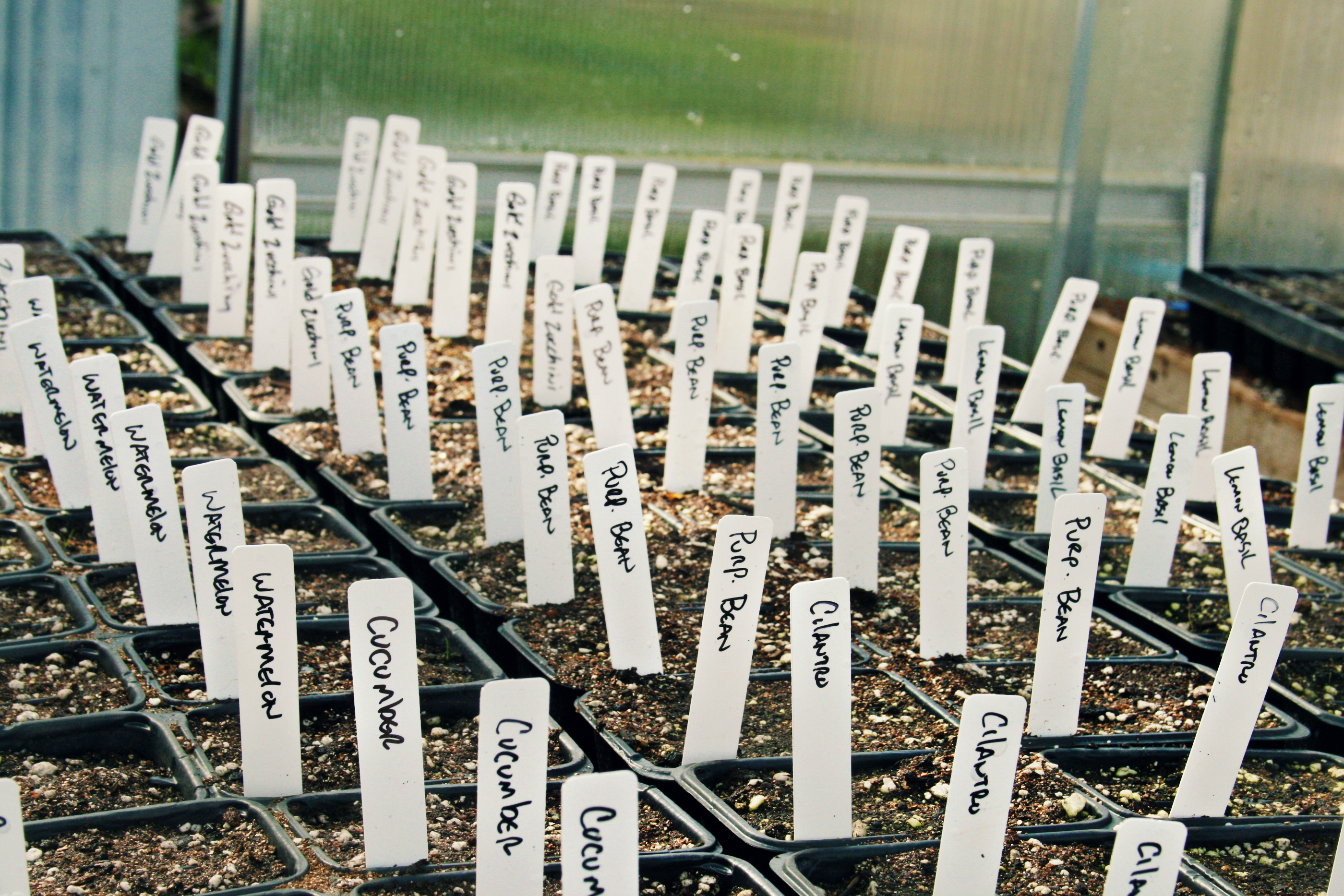
Recently, some seed companies in France and Germany have denounced what opponents of GMOs have been saying for years: deregulating the new techniques of genetic modification would allow appropriation of life through patents. But the solution favoured by some seed companies is not to keep the GMO label as a trace of patents in a plant and even less to restrict the scope of patents. On the contrary, some of them wish to organize among themselves the conditions of access to the patent and the settlement of potential conflicts. A new way of privatizing public law.
At the beginning of February 2023, the french seeds and plants interprofession (Semae) organized a symposium on the theme of “variety creation at the service of the farm in 2030”. During two round tables, which discussed the issue of new genetic modification techniques, some seed companies, whose words can be rare, publicly questioned the supposed performances of techniques of genetic modification and the conditions of use of associated patents. Here are the main extracts.
Technically, a more complex reality than claimed
During a first round table entitled “Climate change: what tools for our farms?”, Jean-Pierre Cohan, from Arvalis – Institut du végétal, was very much in favour of deregulating products obtained through new genetic modification techniques [1]. According to him, these processes can “open up a number of ways for obtaining more resilient varieties that are more tolerant to a number of biotic (disease resistance) and abiotic stresses”. Above all, he regrets that these techniques are today considered as giving regulated GMOs with the “constraints” that this implies (risk assessment, labeling…).
Marin Desprez, Head of Strategy for the Florimond Desprez seed group, was more critical. He believes that, facing “new techniques”, we must “be humble and moderate” because “it is not a magic wand. We must not believe that we are going to […] transform [any elite variety] into a variety resistant to climate change”. He first explains that the implementation of these techniques is done “within a body of other technologies, genetic maps, skills in cell biology to regenerate plants, etc. So it’s not easy”. He therefore opposes the rhetoric of multinational seed companies such as Bayer or BASF, which claim that it would only need to modify one genetic sequence to obtain a new marketable characteristic very quickly. Marin Desprez, on the contrary, recalled that these techniques are “useful for technological criteria that are often monogenic, such as the content of certain components in plants”. But adapting varieties to floods, climate change or water stress, “it is very multigenic and very multifactorial. It is not by changing two or three base pairs in the genome of a variety that it will suddenly resist to that”. Moreover, he notes that these techniques have produced few commercial results.
Another French seed company, RAGT 2N, shares this observation [2]. The President of the group President, Laurent Guerreiro, explained during a second round table entitled “Agroecology and plant breeding” that “these techniques are relatively incipient in their concrete application” [3]. Certainly, he believes that these techniques are “a tool with a potentiality that is phenomenal [and that it] would, speaking hypothetically, make it possible to select much more quickly. And much more quickly, come to accumulate many more traits of interest”. However, he adds that before “to get to that stage, let’s not lie to the community, it won’t happen tomorrow morning”. This observation is linked to the same technical reality explained by Marin Desprez, namely that “if we are talking about eminently multigenic criteria such as adaptation to a certain number of environmental stresses, it will take time”. He also mischievously points out that the novelty is not necessarily there, since some of the work targets characteristics that have already been conventionally obtained. This is the case for the work of genetic modification to change the starch content of corn, a characteristic already obtained with Waxi corn…
Patents, tools of “privatization of life”
But technology is not the only limiting factor. As Marin Desprez points out, “the abundant activity around NBTs is more about patenting, which is a threat to intermediate or small and medium-sized seed companies and farmers, than anything else”. Indeed, patents are the second argument put forward by the seed companies. It is again Marin Desprez who made his point of view quite clear. Summing up his vision in a direct but clear formula, he believes that the new techniques of genetic modification “should not be the Trojan horse of the privatization of life”. He considers that there is a regulatory risk “that these technologies would be accompanied by the implementation of patents that would be unjustified and would constitute a threat to French companies because access to these technologies is not easy”. Compared to the European system of the plant variety certificate (PVC), Marin Desprez considers patents as less virtuous “in terms of innovation, knowledge sharing, progress and free competition”. In his sights, the right that the PVC confers to breeders to use protected varieties to obtain others, without having to pay royalties. A provision that also exists for research but, and this is not a detail, not for farmers… Today, eager to defend his work tool, Marin Desprez explains that he has reached the point of “praying that the European Patent Office (EPO), which sometimes plays a harmful role, does not make it a threat to all French companies”. A prayer that seems to refer to the need to limit patents granted in Europe to products obtained by these new techniques and not to all living organisms, and in particular to plants naturally containing the patented trait and with which seed companies are already working.
Also addressing the issue of patents, Laurent Guerreiro, president of the RAGT 2N group, explains that they increase the “cost of access” to these new techniques. A seed grower has to spend millions of euros just to have the right to use them, he says. In addition to this cost, he says, there are “royalties on the products of these technologies”. As a result, “if we implement these technologies, we will have two very simple solutions. Either we say that wheat plant costs three times as much. Or we’ll have to democratize these technologies a little bit more”. In other words, that small and medium-sized seed producers can have access to them without having to pay millions of euros because of patents. Otherwise, using a genetic modification technique under the current patentability conditions will only be possible if “the distribution and use of the products you have made are sufficiently wide for you to have the necessary return on investment”. As the head of a company whose work tool, its plant varieties, is threatened by patents on genetic sequences, Laurent Guerreiro in turn denounces the actions of the EPO, which “today issues patents on what are called native traits. So genes that exist in plant varieties in nature. If these traits are protected, you can turn around as long you wish, the trait is protected, you no longer have access to it”.
Public funding to pay royalties?
This patent problem is known to the European Commission itself. At the end of 2022, an MEP, Sarah Wiener, questioned the Commission about the fact that companies had found a way to get around the ban on patenting varieties. In mid-February 2023, the Commissioner for the Internal Market, the frenchman Thierry Breton, replied that he was “aware of concerns raised from some stakeholders about potential claims being made on traits present in plant varieties that can also be obtained by essentially biological processe”, and therefore not patentable. He adds that he is following the situation closely, but “the Commission does not, at this stage, plan to propose legislative changes as regards that exclusion” [4].
The issue of cost raised by RAGT 2N has prompted a reaction from the Farm Europe organization, which was also invited to speak at the Semae conference in early February [5]. And the solution suggested between the lines by its representative, Yves Madre, may be surprising. Far from contesting the reality of patents and the risks they pose, as explained by Marin Desprez and Laurent Guerreiro, he would like the European Commission to propose “a major measure to be called ’Investments and accompanying plan for investment in agriculture’”. The problem of the cost of access to patents could therefore be solved by simply asking citizens to cover these costs through public funding… Possible public funding to which would be added the royalties paid by farmers for the use of these taxpayer-funded inventions. Yves Madre added that, for the weeks to come, “the work, the battle, it is there, clearly”…
The companies Florimond Desprez and RAGT did not answer Inf’OGM, about their position on this proposal.
Seed companies propose to solve the problems between them
Some German, Austrian and Dutch seed companies have also made their voices heard on the subject of patents. As reported by GM Watch [6], the German Seed Association (BDP) surprisingly declared itself, in mid-January 2023, opposed to patents on GMOs that, according to its words, “could occurs or could arise in nature”. This speech is well known: these companies thus take up one of their arguments in favor of the deregulation of GMOs obtained by new techniques, namely that these products would not be differentiable from what can appear naturally or by conventional methods. An assertion contradicted by many scientists and which Inf’OGM has already reported as erroneous [7]. But on the other hand, the patents obtained can, indeed, be extended to organisms present in nature, as RAGT 2N and Florimond Desprez have pointed out.
In a recent op-ed published by Inf’OGM, the Confédération paysanne, a farmers’ union historically very involved in denouncing patents on living organisms, analyzes that “in the absence of traceability and publication of the processes allowing to distinguish these GMOs from any plant bearing, naturally or following the use of traditional breeding techniques, the same characteristic as the one claimed in a patent, the scope of the latter will extend to all plants bearing the same characteristic […], including those resulting from non-patentable peasant or traditional breeding” [8]. For the union, “five multinationals, which already hold the majority of patents on the essential characteristics of the main agricultural plants, will thus be able to prohibit farmers and small seed growers from continuing to use and sell their own seeds freely as soon as they contain one of these patented characteristics” and will then take control of European crops and food.
For the German seed association, which includes some of the five multinationals referred to by the Confédération Paysanne, “the patentability of biological material, which also occurs or could arise in nature, must not be possible, regardless of how it is produced.” [9]. It adds that it should also be foreseen in Europe that patented biological material can be used by breeders. But it does not propose an outright ban on patents on biological material that exists or may exist naturally or conventionally. The solution put forward by BDP is that of a “licensing platform such as ACLP (Agricultural Crop Licensing Platform)” which would not replace a clear regulation but, according to the association, offers a possible transitional solution [Website of the ACLP]. This platform, launched on January 19, 2023, would, according to BDP, allow “The extent of access to patent-protected traits and breeding technologies [which] can be defined by the members under private law.” In clearer terms, the living would remain patentable by the multinational seed companies. The private companies that are members of this club, created by Corteva, Bayer, BASF, Syngenta and Limagrain, could then decide, outside of any public law, which of the members alone would have the right to use their patent. When asked about this club approach, the seed companies Florimond Desprez and RAGT did not reply.
[1] Semae, “Climate change: what tools for our farms?”, February 9, 2023
[2] Created in 2000, RAGT 2N, a subsidiary of RAGT, is specialized in research and experimentation of seeds covering particularly the major field crop and livestock species in the world such as winter wheat, winter rape, alfalfa, spring barley, sorghum, soybean, sunflower, corn, etc.
Legal information on RAGT 2N.
[3] Semae, “Agroecology and plant breeding”, February 9, 2023.
[4] Question No. E-003819/2022 of 23 November 2022: https://www.europarl.europa.eu/doceo/document/E-9-2022-003819_EN.html
Answer from the European Commission of 16 February 2023: https://www.europarl.europa.eu/doceo/document/E-9-2022-003819-ASW_EN.html
[5] Semae, ibid.
[6] « Plant breeders’ associations and seed companies claim to oppose patents on new GMOs – but there’s a catch »
[7] <authors_article7043>.
[8] <authors_article7685>.
[9] see note 6







